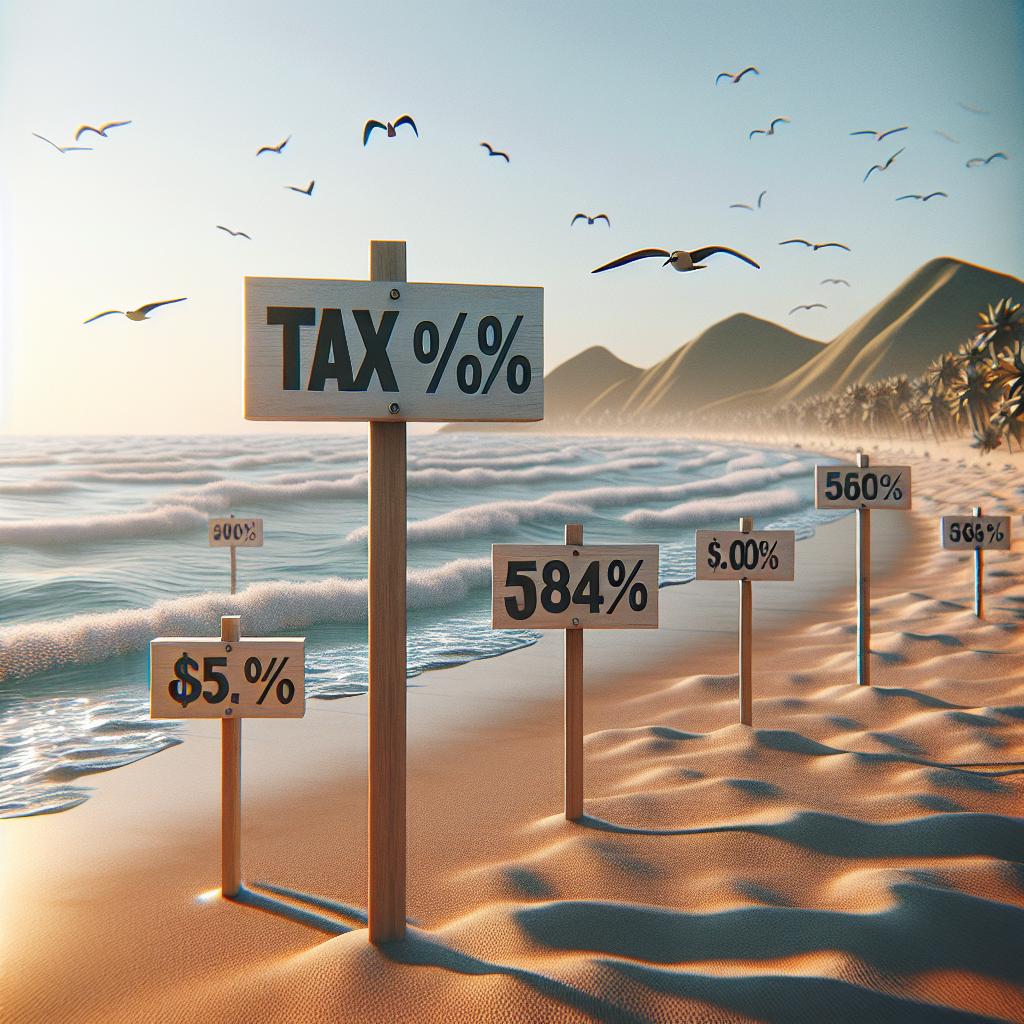Myrtle Beach Homeowners Face Tax Changes: New Millage Rates & Property Assessments
Revised Millage Rates and Property Reassessment Impact Local Homeowners
In the scenic city of Myrtle Beach, homeowners are about to face crucial changes with the introduction of new millage rates and property assessments. The city council recently passed a resolution redetermining these rates, directly impacting the annual property taxes of the residents.
The developments fall in place following Horry County’s five-year property value assessment. Based on this evaluation, the city has now calculated the “rollback millage,” essential for maintaining the balance in a homeowner’s tax outflow when property values increase.
The Mathematics Behind Tax Changes
Notably, many homes in Myrtle Beach have seen an increase in their market value this year. As a result, while homeowners will bear a bigger tax bill, the new lower millage rate seeks to limit this hike. The previous year’s total millage rate, including the debt service millage, was 88.9. In contrast, the revised rollback rate is 83.9. To put this in perspective, a homeowner with a property valued at $250,000 that now sees a 15% value surge would have to pay an extra $25 in property taxes this year.
Looking at the implications on the city’s budget, City’s Chief Financial Officer, Michelle Shumpert, estimates a general fund increase of approximately $2 million. However, she adds that these numbers might change as new homeowners appeal their tax rates. The standard 6% non-local rate could be substituted with the 4% local rate, potentially affecting the overall figures.
The Role of Tourism Development Fund
Another notable factor in the future financial equation is the Tourism Development Fund (TDF). Predominantly sourced from tourists, this fund credits the homeowner’s tax bills. However, recent developments indicate that TDF revenues have dipped by nearly $700,000 from last year. Although this represents a minor portion of the total fund generation, it could affect the city’s general fund stability, says Shumpert.
As the situation unfolds, Shumpert has suggested the city council adopt a “wait and see” approach to better perceive how much of the tax hike would be funneled to the general fund. There are various factors set to influence the outcome, requiring officials to maintain vigilance and flexibility in their fiscal strategy.







